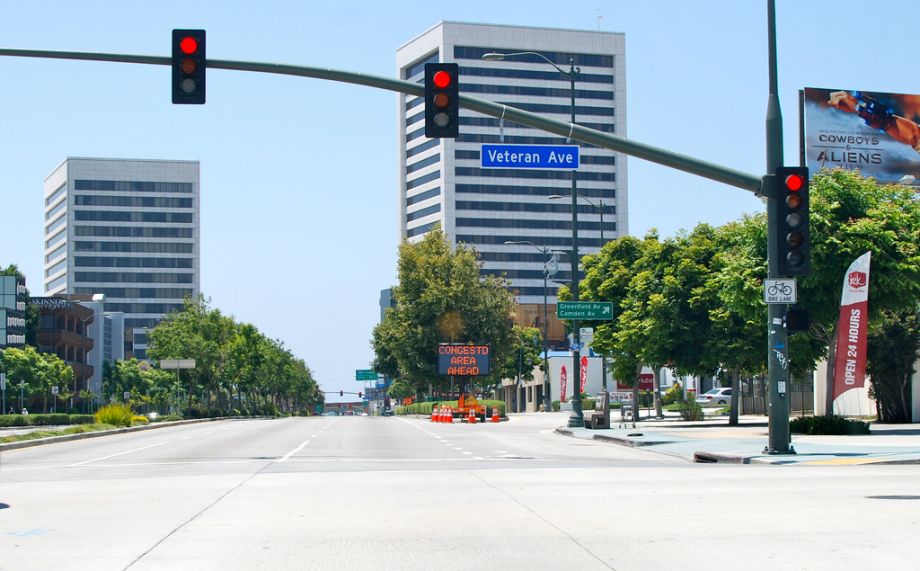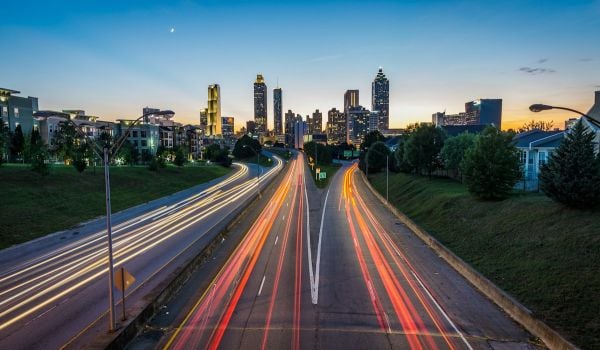This weekend Los Angeles is experiencing a sequel to last summer’s blockbuster highway closure. What will this year’s performance be like? The predictions are grim. Without the attention-grabbing tweets of Lady Gaga or Kim Kardashian to warn motorists off the road, prognosticators are forecasting gridlock for real. How will Los Angeles survive without access to the 405?
I’m willing to bet — not money but a shred of my reputation — that once again Los Angelinos will revel in the rarity of being forced to avoid driving. Without their motorized wheels, they’ll walk and bike, or just stay at home in a kind of secular Sabbath. We don’t need to fear life without cars, but fear itself.
As cities like St. Louis, New Orleans and” even Philadelphia contemplate their downtowns without freeways, we need to recognize that cities will thrive in these conditions.Like communities faced with disaster, people who are faced with massive transportation changes will cope in ways we couldn’t possibly predict. During last year’s Carmaggeddon, the media reported stories of people dining on a stretch of closed highway and frolicking in their neighborhoods. Why now instill fear that you can’t handle the truth— I mean, can’t handle life without cars?
As our highways grow obsolete, we are going to face the decision of whether or not to rebuild these highways that were disastrous in the first place. We should be using temporary highway closures as opportunities to study how people react when they no longer have access to a highway. If this weekend goes much like the last one, it proves — as full-on highway removal has proved — that we highway closure isn’t the end of the world. It could actually be the beginning of a new way of life.

Diana Lind is the former executive director and editor in chief of Next City.






_920_518_600_350_80_s_c1.jpg)









